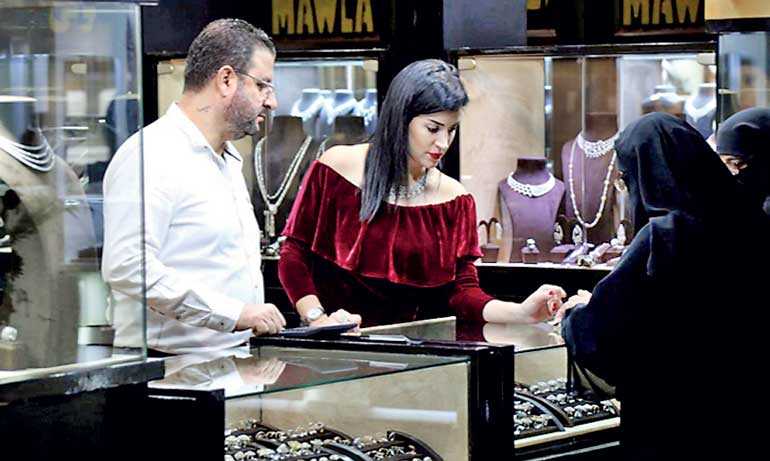Friday Feb 27, 2026
Friday Feb 27, 2026
Tuesday, 12 March 2019 00:00 - - {{hitsCtrl.values.hits}}

DUBAI (Reuters): Economic growth in the United Arab Emirates (UAE) is expected to accelerate to 3.5% in 2019, helped by strong non-oil activity, the central bank said in its quarterly report.
The economy grew 2.8% in 2018, the report said, helped by a rise in oil production and growth in the non-oil sector, recovering from just 0.8% growth in 2017 when oil prices slumped.
Gulf economies have benefited from higher oil prices after OPEC members and other oil producers cut output to tackle a supply glut.
The UAE’s central bank said economic activity in the non-oil sector would improve further in 2019 due to the effects of fiscal stimulus packages announced by Abu Dhabi and Dubai.
The Abu Dhabi government has announced a $13.6 billioneconomic stimulus package as well as several economic initiatives to ease the cost of doing business.
The Dubai government has also taken measures to cut costs for key industries including aviation, real estate, and education.
The non-oil sector will grow 3.4% in 2019, up from an estimated 2.6% last year, according to the central bank. Oil sector growth is expected at 3.7% compared to 3% in 2018.
The International Monetary Fund said in February that it expects the UAE’s economy to grow by 3.7% in 2019.
The central bank also said property prices continued to fall in the fourth quarter in Abu Dhabi and Dubai.
Dubai residential property prices fell 8.4% in the fourth quarter from a year earlier, compared to 7.3% in the third quarter, it said, citing data from REIDIN.
Rating agency S&P said last month that Dubai residential property prices will fall another 5-10% this year due to oversupply and tepid demand, before steadying in 2020. Property prices have fallen 25% to 33% in nominal terms since 2014.
The central bank said Abu Dhabi prices fell by 6.4% in the fourth quarter from a year earlier compared to 2.4% in the third quarter.